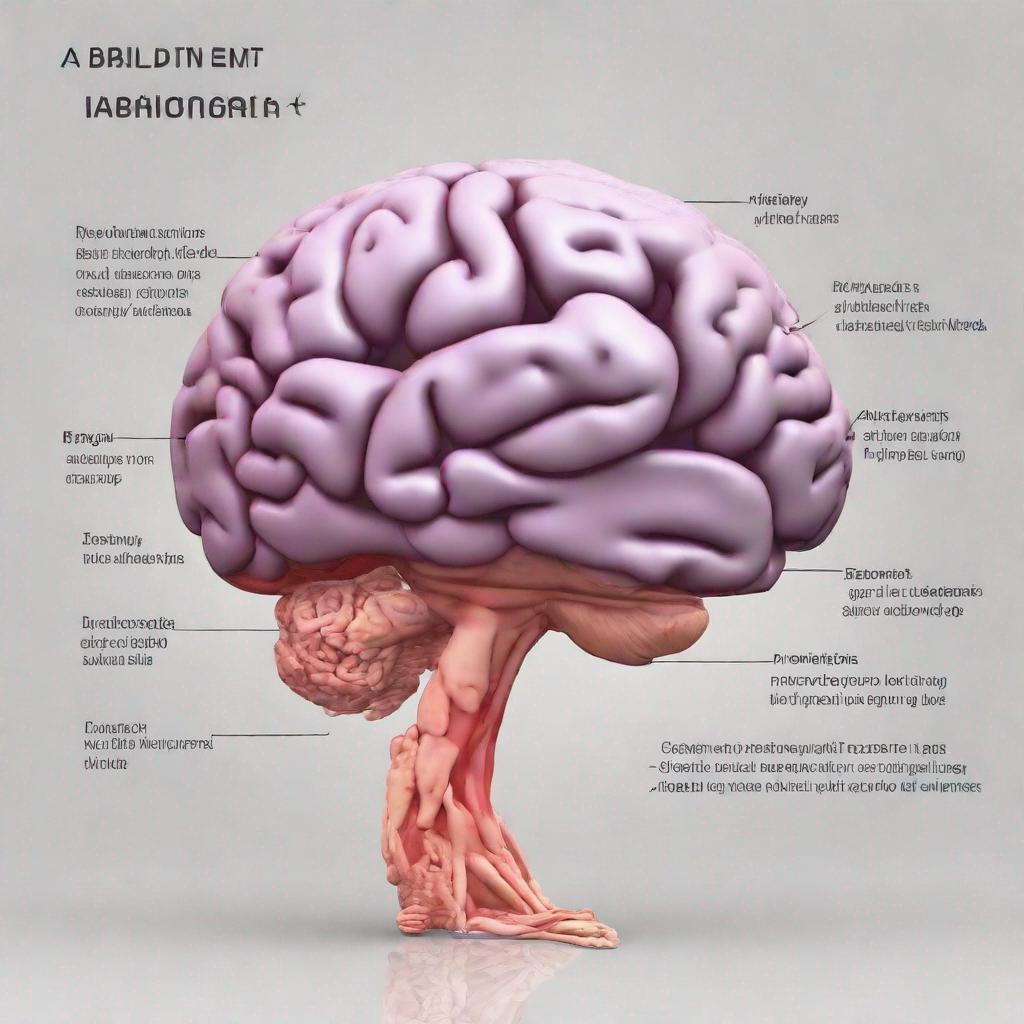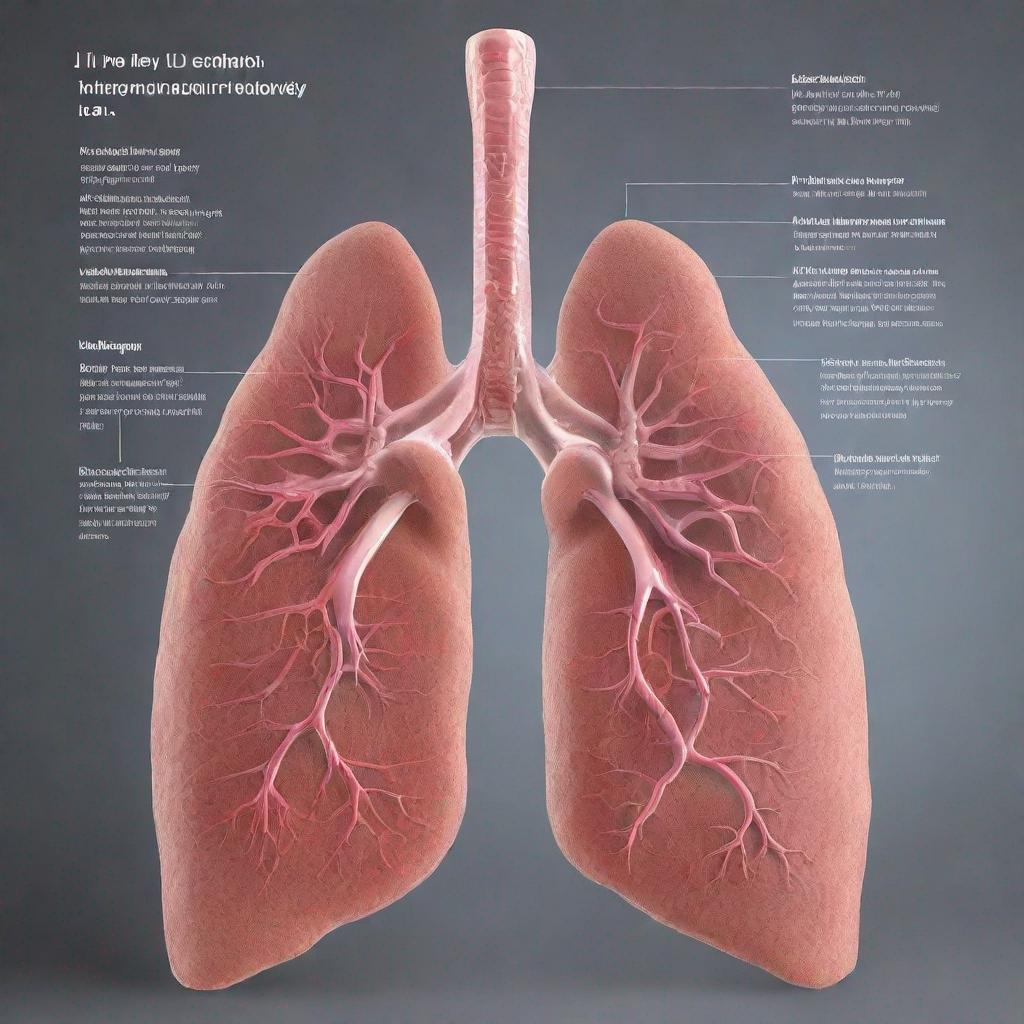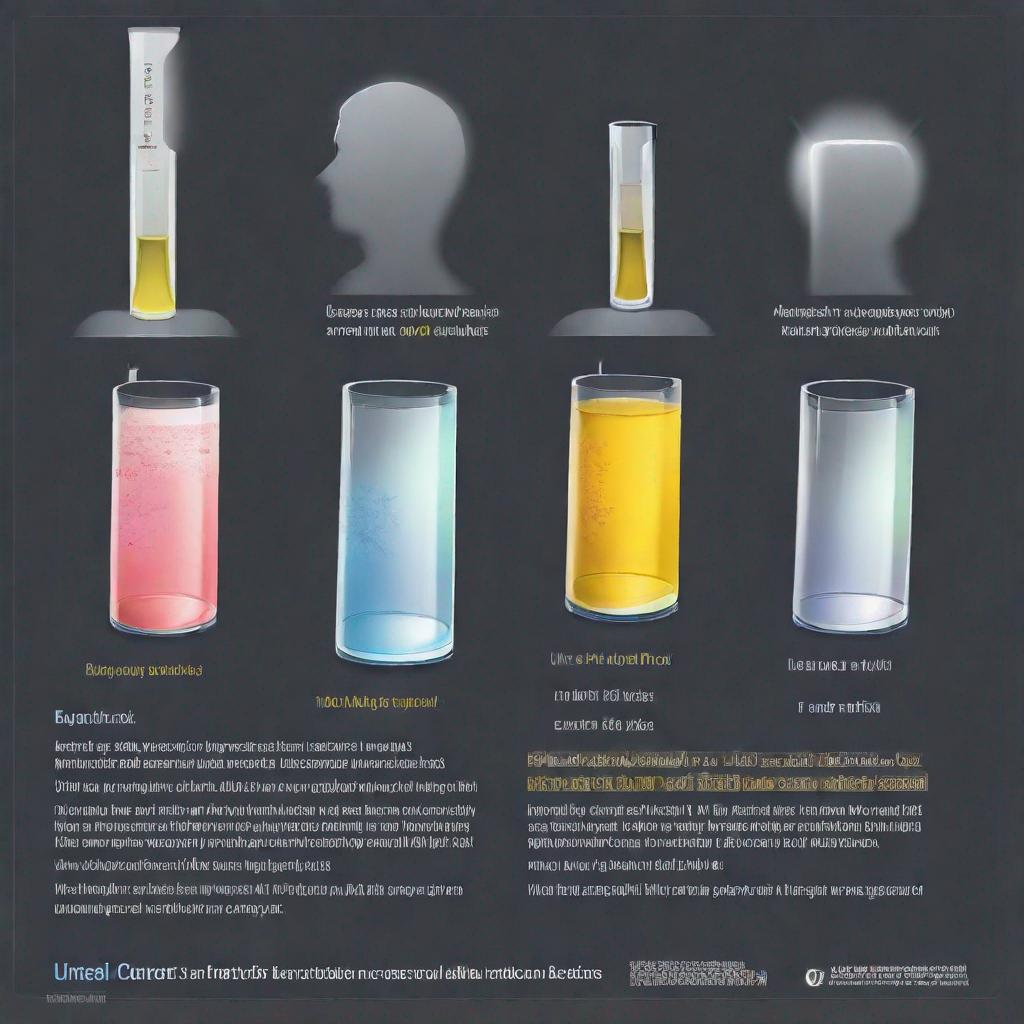**Alzheimer’s Disease and Other Dementias: A Comprehensive Overview**
**Introduction**
Alzheimer’s disease and other dementias are progressive neurodegenerative disorders that affect the brain and cognitive function. The most common type of dementia is Alzheimer’s disease, accounting for approximately 60-80% of cases.
**Symptoms**
Symptoms of Alzheimer’s disease and other dementias vary depending on the type and stage of the condition. Common symptoms include:
* Memory loss, especially short-term
* Cognitive impairment (e.g., difficulty with problem-solving and reasoning)
* Disorientation
* Language difficulties
* Personality changes
* Behavioral problems
**Diagnosis**
Diagnosis of Alzheimer’s disease and other dementias typically involves a comprehensive evaluation, including:
* Physical examination
* Neurological examination
* Neuropsychological testing (e.g., memory tests, cognitive assessments)
* Brain imaging (e.g., MRI, CT scans)
* Lumbar puncture (to collect cerebrospinal fluid)
**Types**
In addition to Alzheimer’s disease, several other types of dementia include:
* Dementia with Lewy bodies
* Frontotemporal dementia
* Vascular dementia
**Causes**
The exact causes of neurodegenerative diseases like Alzheimer’s disease and other dementias are still not fully understood, but certain factors may contribute, such as:
* Genetic predisposition (e.g., APOE4 gene)
* Age (risk increases significantly over 65 years old)
* Head injuries
* Oxidative stress and inflammation
**Prevention**
Currently, there are no proven ways to prevent Alzheimer’s disease and other dementias. However, some lifestyle modifications may help reduce the risk:
* **Intellectual activity:** Engage in mentally stimulating activities (e.g., reading, puzzles, learning new skills).
* **Physical activity:** Maintain an active lifestyle and exercise regularly.
* **Healthy diet:** Follow a diet rich in fruits, vegetables, and healthy fats (e.g., Mediterranean diet).
**Treatment**
While there is currently no cure for neurodegenerative dementias, various medications and therapies aim to manage symptoms and improve quality of life:
**Medications:**
* Cholinesterase inhibitors (e.g., donepezil, galantamine, rivastigmine)
* Memantine
**Non-medical Therapies:**
* Antipsychotics
* Behavioral therapy (e.g., cognitive stimulation therapy)
* Music therapy
* Physical activity
**Body Parts Affected**
Alzheimer’s disease and other dementias primarily affect specific brain regions, including:
**Brain**
* Hippocampus: Responsible for memory formation
* Amygdala: Involved in emotional processing
* Cerebral cortex: Higher-level brain functions (e.g., reasoning, language)
**Substantia Nigra:**
* Involved in motor control and movement coordination (relevant for Lewy body dementia)
**Complications**
Dementia can lead to various complications, such as:
* Falls and injuries
* Infections (e.g., pneumonia)
* Weight loss and malnutrition
* Pressure ulcers
* Caregiver stress
**Conclusion**
Alzheimer’s disease and other dementias are debilitating conditions that significantly impact individuals and their families. Early diagnosis and appropriate management are crucial for improving quality of life. Ongoing research aims to unlock the mysteries surrounding these neurodegenerative conditions and develop effective treatments. By raising awareness and supporting research, we can strive to provide a better future for those affected by dementia.



